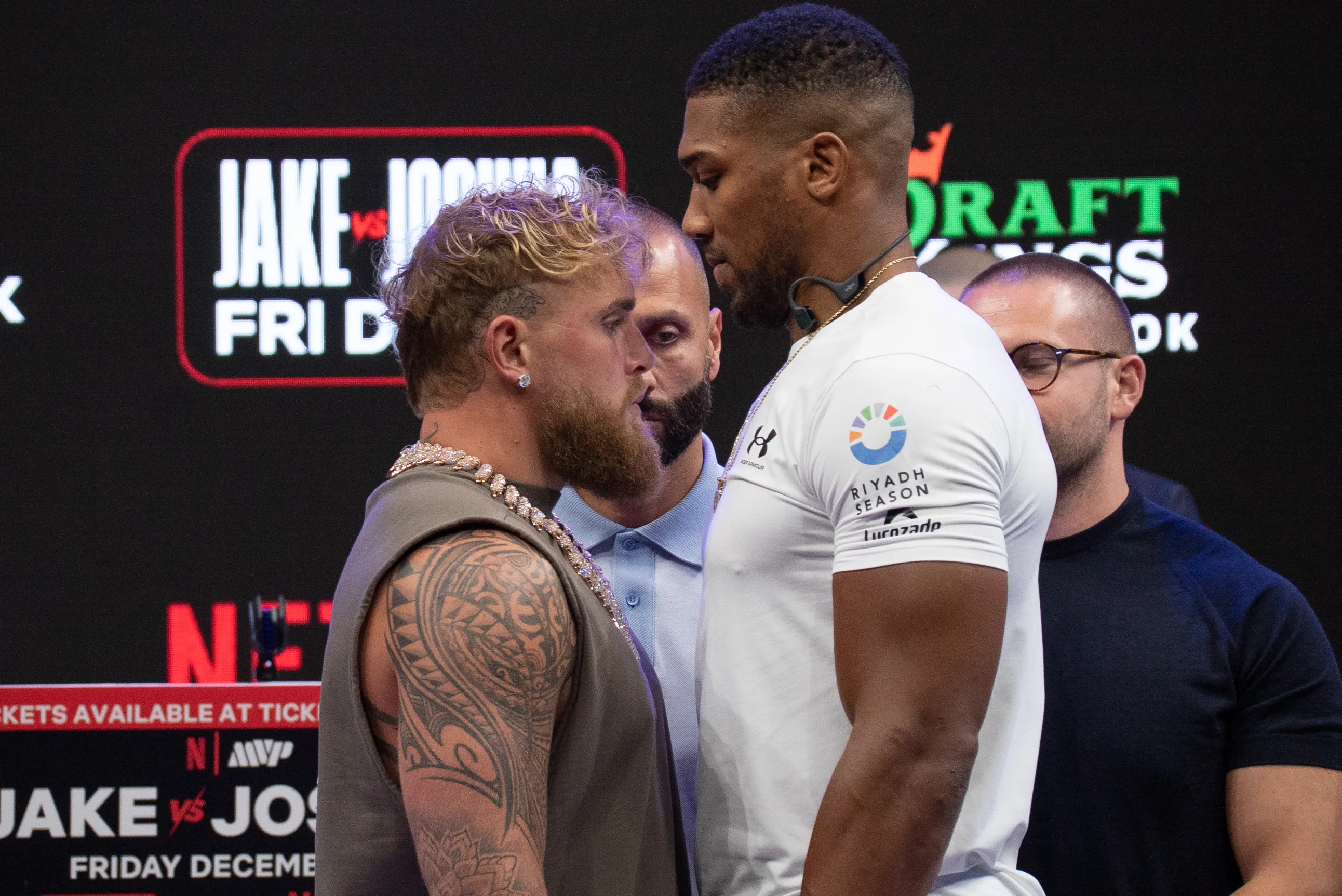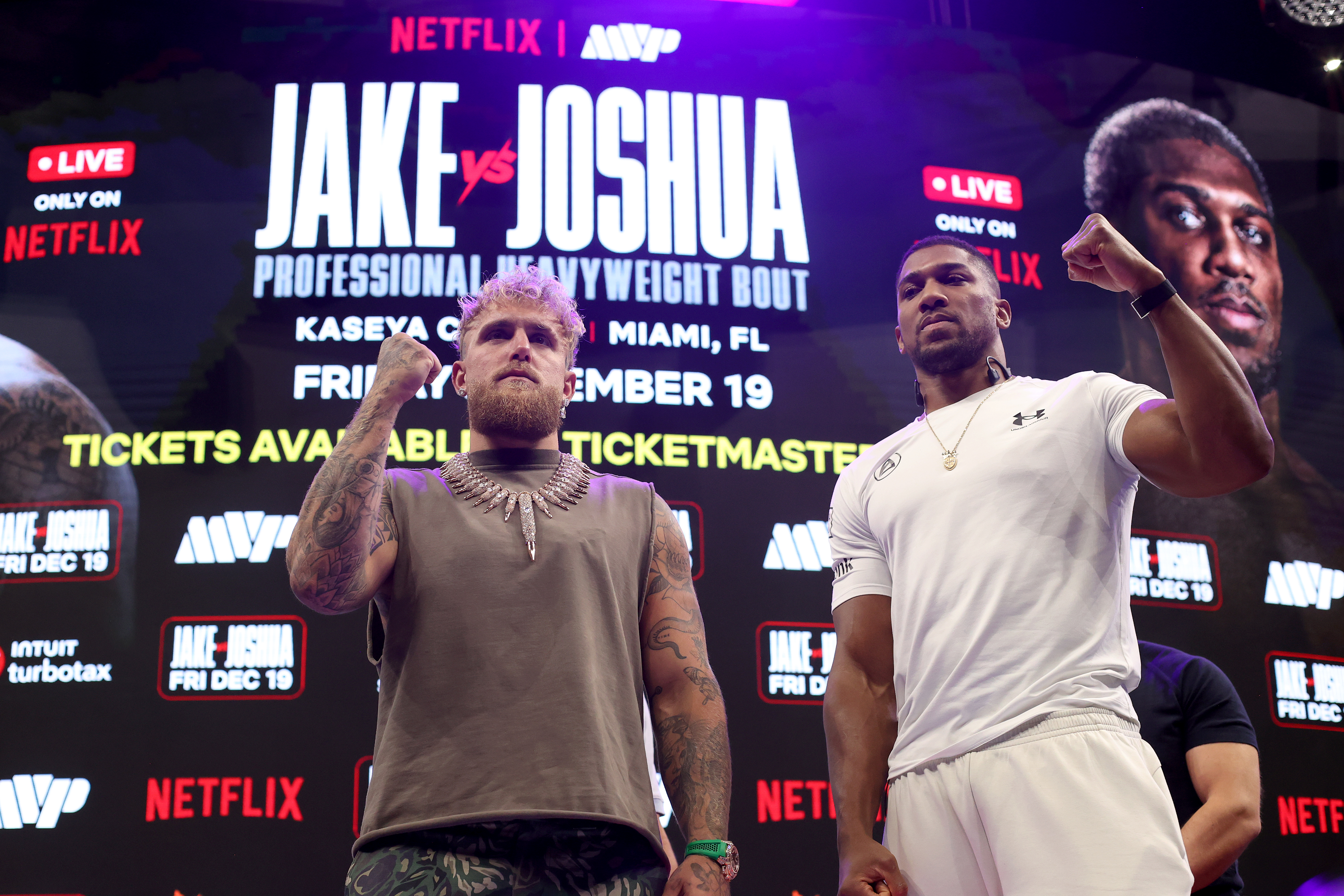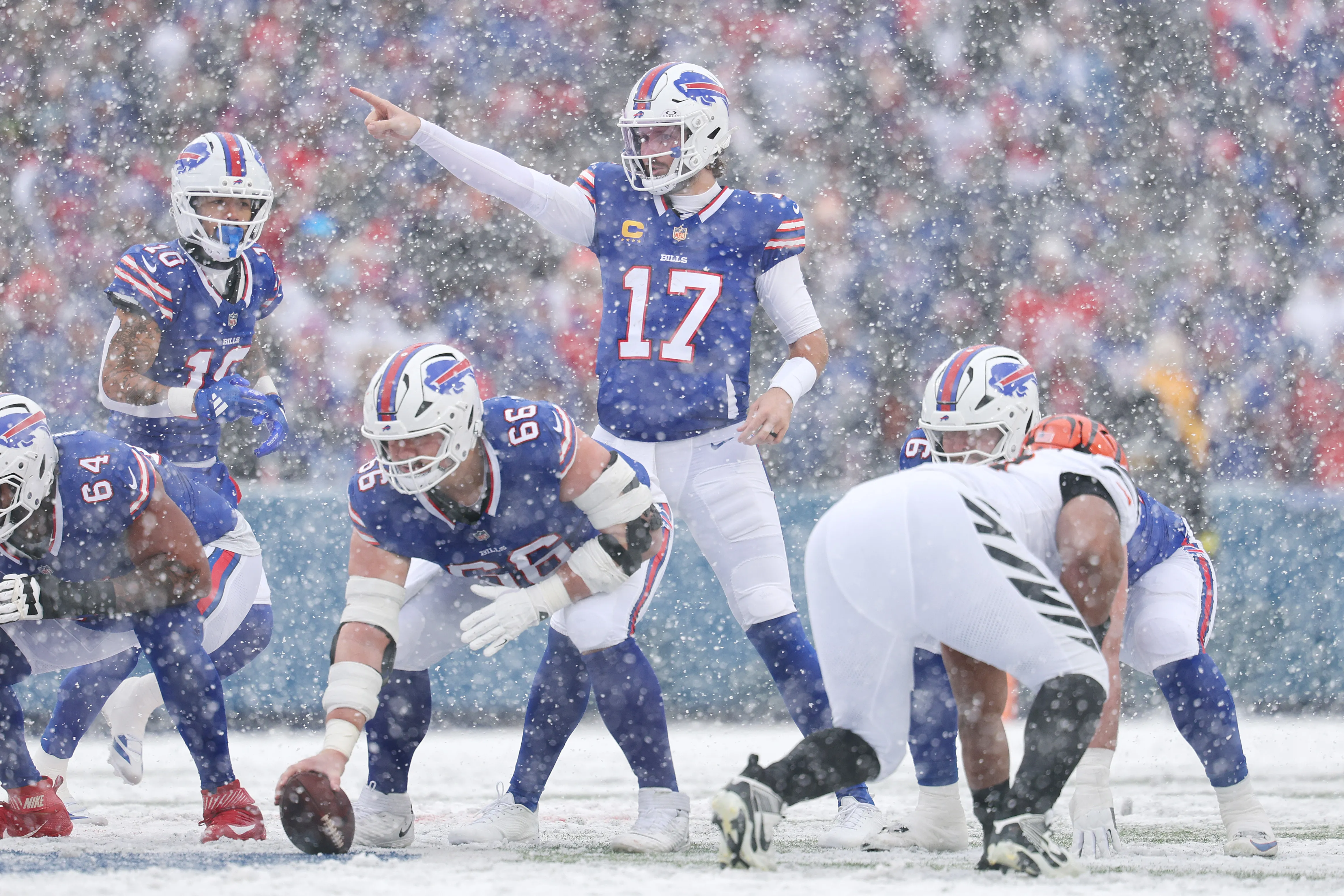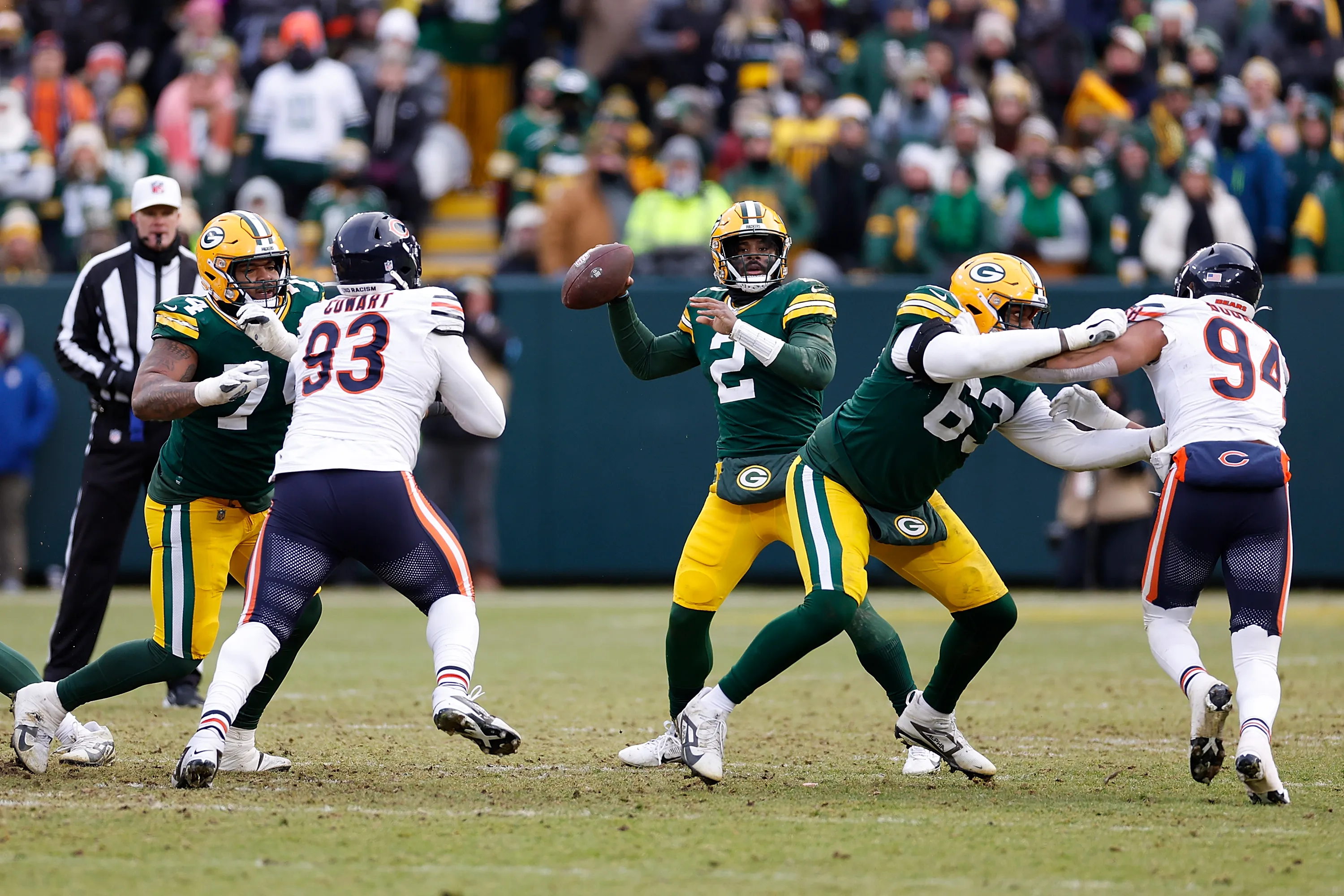Sports betting has exploded in popularity in recent years, and more states are getting on board with legalizing the activity. In many states, you can place bets on sporting events in person or through a sports betting app. All told, 38 states have legalized sports gambling, and a few more are considering legislation now.
If you’re new to sports betting, our guide will help you determine whether it’s legal in your state. We’ll also cover the history of sports gambling and the differences between retail-only vs. online betting.
When Was Sports Betting Legalized?
Sports betting became legal in May 2018 when the United States Supreme Court decided that the Professional and Amateur Sports Protection Act (PASPA) was unconstitutional. The act, originally enacted in 1992, forbid most states from engaging in online sports betting. During this time, one of the few places you could bet on games legally was Nevada.
Not surprisingly, this act led to the formation of many illegal sports betting establishments. In 1999, the scope of illegal betting was between $80 and $380 billion, according to the National Gambling Impact Study. On May 14, 2018, the Supreme Court overturned the PASPA Act, allowing each state to pass its own laws regarding sports betting. Now, 38 states, the District of Columbia, and Puerto Rico have legalized sports betting.
Retail-Only vs. Online Betting
With retail-only betting, you stroll into a casino or sportsbook to make your wagers. These sportsbooks have daily sheets you can examine for many sports, like MLB, the NFL, NBA, and more. Once you find the bet you want to place, you fill out the wager information, place your bet, and receive your ticket.
While retail-only represents the classic way of doing things, online betting has become the new way many place bets. How this works is you visit a sportsbook’s website or download their app. You can sign up for an account in minutes and then fund it with your bank account or credit card. Once funded, you’ll be able to place wagers.
In both instances, you can place many of the same bets. One major difference is that some online sportsbooks allow you to bet on the fantasy sports side. Some sportsbooks might also offer promotions for games. It isn’t uncommon to receive a bonus for choosing the first team or player to score a TD in an NFL game.
Many states allow you to bet both online and through retail locations. However, some states such as Delaware, Mississippi, Montana, Nebraska, New Mexico, North Dakota, South Dakota, Washington, and Wisconsin have retail-only betting laws.
States Where Sports Betting is Illegal
As noted above, sports betting was illegal nationwide outside of Nevada until May 2018. Once states had the option of determining whether sports gaming was right for them, 38 of them had some form of it.
The only states where sports betting remains illegal are California, Texas, Idaho, Utah, Minnesota, Missouri, Alabama, Georgia, Oklahoma, South Carolina, Hawaii, and Alaska. As you can imagine, having California and Texas still on the outside of sports betting represents a huge marketplace underserved. Both these states, along with Georgia, have investigated options for sports gambling. They haven’t made progress so far.
States Where Sports Betting is Legal
There are 38 states where some form of sports betting is legal. On the retail-only side, you have Delaware, Mississippi, Montana, Nebraska, New Mexico, North Dakota, South Dakota, Washington, and Wisconsin.
However, plenty of states also allow online sportsbooks. These include Arizona, Arkansas, Colorado, Connecticut, Florida, Illinois, Indiana, Iowa, Kansas, Kentucky, Louisiana, Maine, Maryland, Massachusetts, Michigan, Nevada, New Hampshire, New Jersey, New York, North Carolina, Ohio, Oregon, Pennsylvania, Rhode Island, Tennessee, Vermont, Virginia, Washington D.C., West Virginia, and Wyoming.
Is Sports Betting Legal in Florida?
Yes, the Sunshine State allows you to gamble on sports. However, the options to do so are limited. Currently, you can only make wagers in person at one of six Hard Rock Sportsbook locations or through its app. Many of these locations feature self-serve kiosks, allowing avid betters the chance to make wagers fast. There are also betting windows if you need more information or help from a staff member.
Is Sports Betting Legal in Georgia?
No, sports betting isn’t legal in Georgia. Despite efforts in their state legislature to examine the measure, they couldn’t reach an agreement on how to spend the taxes generated from sports betting. In the future, any legislation presented will need two-thirds approval by Georgia’s House of Representatives and Senate.
Is Sports Betting Legal in New York?
Yes, sports betting is legal in New York. Sportsbooks launched in NY in January of 2022. Some of the top sportsbooks operate in the area, including FanDuel, BetRivers, BetMGM, and Caesars. The popularity of sports betting in New York has reached the point where the state is now number one in sports betting nationwide, surpassing Nevada, New Jersey, and Illinois.
Is Sports Betting Legal in Texas?
No, the Lone Star state has yet to approve sports betting, though there have been efforts made. In Texas, you need two-thirds of approval from both state legislatures to make the sports betting amendment legal. So far, legislative opposition curbed any efforts made by those trying to legalize it.
Is Sports Betting Legal in California?
No, you cannot legally make sports betting wagers in California. In 2022, there were two initiatives put on the ballot to legalize gambling, but neither of them passed. Prop 26 would have allowed betters into tribal casinos to place bets. Meanwhile, Prop 27 would’ve allowed online gambling by tribal casinos and some of the top sportsbooks like Fan Duel, but both measures failed.
Can Athletes Bet on Sports?
Each league, as well as collegiate athletics, has its own rules around athletes betting. For example, the MLB says players can bet on anything that isn’t baseball-related. The NBA doesn’t allow players or anyone employed by an NBA team to bet on basketball games. College athletes are not allowed to bet on most sports, but some, like horse racing, is permitted.
Of course, these rules haven’t stopped players from betting on games. Indianapolis Colts players Isaiah Rodgers and Rashod Berry received indefinite suspensions from the NFL for betting on games.
In addition, college players and coaches are also receiving harsh punishments for engaging in sports betting. Over 40 student athletes from Iowa State and Iowa were targeted in a betting investigation, and Alabama baseball coach Brad Bohannon lost his job after reports linked him to betting activity.
One of the biggest examples over the years goes back to Pete Rose. When he was manager for the Cincinnati Reds, he admitted to betting on his team to win games. The Dowd Report found he bet on the Red 52 times between 1985 and 1987. Because of his admission, Rose might not ever be inducted into the Baseball Hall of Fame.
One of the most confusing aspects of sports betting relates to player status. There are different rules in place for college athletes compared to pros. Below is a look at what is permissible for each role:
Sports Betting for College Athletes
College athletes cannot bet on sports sponsored by the NCAA. This means major sports like football, basketball, wrestling, hockey, baseball, and more are off-limits. This does not only apply to players but also to coaches, sports officials, and administrators. Every year, student players must sign the Student-Athlete Statement. This statement includes all the rules relating to NCAA eligibility, drug testing, and gambling.
There are steep penalties for breaking this agreement. Virginia Tech linebacker Alan Tisdale initially received a nine-game suspension for admitting to using a betting app to place a wager on an NBA game. If the NCAA finds out a player bet on their own sport, it could nullify eligibility. It’s because betting on your own sports can impact the outcome of them.
However, there are several opportunities for college athletes to bet. You can make wagers on horse racing, MMA, boxing, and cricket.
Sports Betting for Professional Athletes
Pro athletes have a wider net when it comes to sports betting. NFL, MLB, and NBA players can make sports bets, provided it isn’t for the sport they play. NBA players have to be careful since the betting does not only cover NBA games but also WNBA contests, the NBA2K League, G-League, or the Basketball Africa League.
Meanwhile, the NFL has somewhat rigid rules. Players can place wagers on other sports. However, league personnel like coaches, officials, and trainers cannot place sports bets. It makes sense on the surface as coaches and trainers have knowledge that could give them a competitive edge in sports betting. Moreover, if the league finds a player engaged in sports betting on an NFL team, they’re looking at suspension for a year. Although, it could be indefinitely. In a volatile sport like football, it could spell the end of a career.
Lastly, MLB players also have the green light to bet on sports outside of their own. Unlike football, team officials and coaches can also place wagers, as long as it doesn’t concern any baseball interests. For players caught violating the rules, punishment falls under the Commissioner’s discretion. If a player bet on a baseball game not involving them, they could face a one-year suspension. For players betting on games impacting them, it could result in a lifetime ban.
FAQ
How Many States Have Legal Sports Betting?
Currently, 38 states have approved legal sports betting. Along with these states, you can place wagers in the District of Columbia and Puerto Rico.
What State Has the Most Sports Betting?
New York generated over $1.7 billion in revenue in 2023, according to an AGA report. Rounding out the top three are New Jersey and Illinois.
What Is the Biggest Betting Sport?
Football is the most popular sport to place a wager on in the United States. CRG Global for Variety Intelligence notes that 81 percent of bettors made a bet on the NFL. The NBA is the second most popular sport, with 54 percent of fans placing wagers on the sport.





